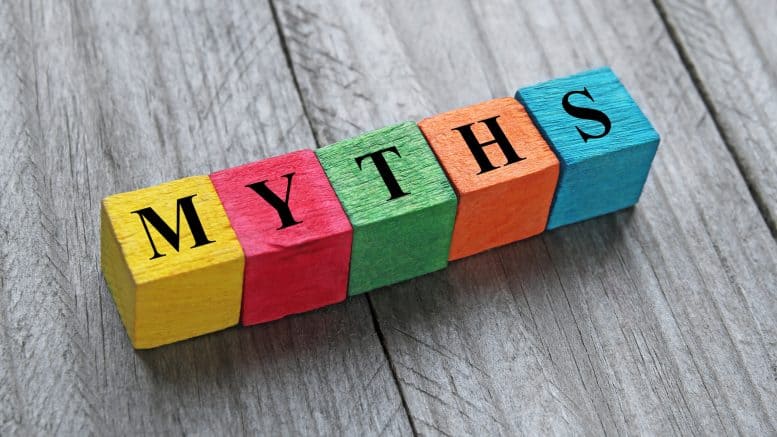It is not eating at night but rather eating near your bedtime that causes weight gain.
Nighttime eating, mainly before bed, has received considerable attention over the past several years. Limiting food at night has been proposed as both a weight loss strategy and approach to improve health and body composition. Adverse side-effects have been demonstrated in response to large meals in populations that consume a majority of their daily food intake during the night. These adverse symptoms include poor sleep quality and reflux disease. However, data is beginning to mount to suggest that the negative outcome of obesity is actually tied to eating near your melatonin-induced bedtime. This act of eating near bedtime appears to affect your circadian rhythm. I have seen studies that recommend that eating nutrient-dense food may assist with sleep, but I suspect this is only true in a small portion of the population.
I have seen studies that recommend that eating nutrient-dense food may assist with sleep, but I suspect this is only true in a small portion of the population. If you do not sleep well, cortisol levels will increase and so will obesity. I already wrote an article on sleep and weight loss. Sleep is research-proven to help with weight loss and it obviously makes sense if you understand cortisol, sleep, and weight gain.
A lot of folks will argue that it does not matter when you eat and that it is only how many calories you eat that cause obesity. This statement is complete and utter malarkey. I will agree that it is not entirely nighttime eating that is the problem. If you are focusing on night and day, you are missing the boat because sleep time differs from person to person. If change the focus of the research to dinner in relation to bedtime, you will get a different result than using a strict period of time light night. Sleeping better will lower your cortisol and stress levels and reflux or certain foods can inhibit sleep and raid cortisol. That being said, eating close to your bedtime can increase your risk for reflux and reflux make sure sleep quality poor. There is evidence that the consumption of food during the circadian evening and/or night, independent of more traditional risk factors such as amount or content of food intake and activity level, plays an important role in body composition[1]. This timing of dinner in your daily rhythm can increase fat deposition.
The bottom line: Consumption of food during the circadian night, independent of more traditional risk factors such as amount or content of food intake and activity level, can increase fat deposition. I wrote an another article on this research about sleep and circadian night.
References:
-
McHill, Andrew W, Andrew JK Phillips, Charles A Czeisler, Leigh Keating, Karen Yee, Laura K Barger, Marta Garaulet, Frank AJL Scheer, and Elizabeth B Klerman. “Later Circadian Timing of Food Intake Is Associated with Increased Body Fat.” The American Journal of Clinical Nutrition, September 6, 2017, ajcn161588. https://doi.org/10.3945/ajcn.117.161588.







Be the first to comment on "Myth: Eating late at night will cause me to gain weight"